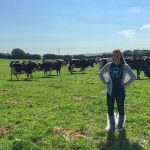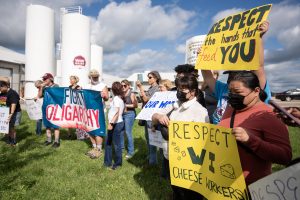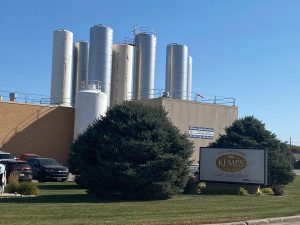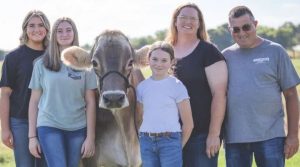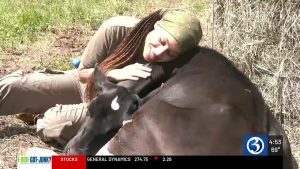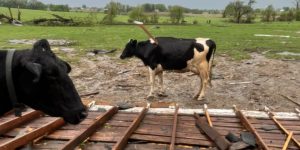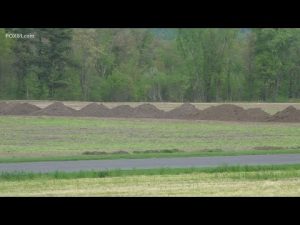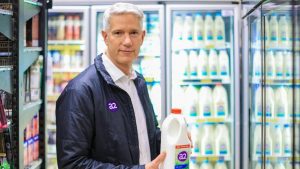
Investment firm H.I.G. Capital said Northern Biogas, a company inside its broader portfolio, acquired three new renewable natural gas facilities that would use the decomposition of animal waste from dairy farms as a feedstock.
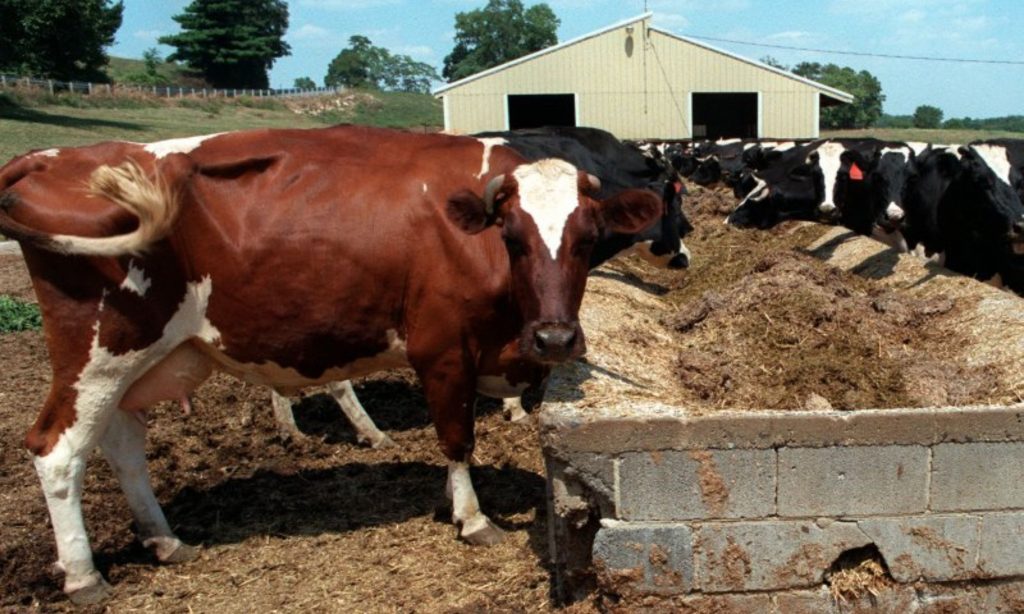
“Following H.I.G.’s original investment in September 2022, the acquisition of these three facilities marks an acceleration of the Company’s rapidly expanding RNG project development pipeline,” the firm explained. “These acquired dairy RNG facilities are in close proximity to Northern Biogas’ existing footprint, creating attractive operational and commercial synergies, and are expected to begin commercial service by the first quarter of 2024.”

H.I.G. was short on specifics, though Northern Biogas has a deep portfolio spread out over much of the Midwest, the largest of which draws on the waste from 12,000 head of cattle in southern Idaho.
Decomposition of organic matter results in the release of natural gas in the form of methane, which can be purified to remove harmful compounds and increase its potency. That product can then be put through conventional pipelines for delivery to end users. Its use is expanding across the region.
Natural gas and electric power distribution company UGI Corp. in January committed to a $150 million spend alongside MBL Bioenergy, a consortium established for the sole purpose of developing so-called renewable natural gas projects in South Dakota using dairy farm waste.
Amazon, Federal Express and United Parcel Service are among the growing list of companies turning to renewable natural gas to power their fleets. Engineers at Cornell University in upstate New York, meanwhile, are working to develop a system to extract energy from cow manure to meet increased heating demands.
